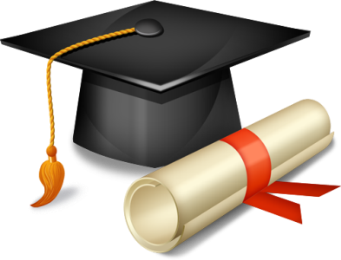Bachelor of Engineering (Electrical)
University : Ndejje University
Cut off Points Government : 0
Cut off Points Private Day : 0
Cut off Points Private Evening : 0
Breaking News

Cut off Points Government : 0
Cut off Points Private Day : 0
Cut off Points Private Evening : 0
Learning outcomes are the specific skills and knowledge that our students are expected to have obtained at the time of their graduation from the program. Since these learning outcomes involve specific knowledge and skills sets, they are evaluated at many levels throughout our program on relatively short time scales. This continuous monitoring and improvement of the program’s performance on the learning outcomes will ensure that the program objectives can ultimately be achieved.
(Source: Ndejje University website)
At least five (5) passes at “O” level (UCE) or its equivalent and two relevant principle passes at “A” level (UACE) obtained at the same sitting or its equivalent. A post “O” level diploma or certificate with at least two years relevant experience in the desired field.
Hear and learn from those that did the course and what they have been able to do with the knowledge they acquired
A garduate can work in public and private organisations
African Leadership University
Web Info-net institute of Technology
Ndejje University
Busitema University
Mountain of the Moon University
Did this page help you? Yes No Share Feedback